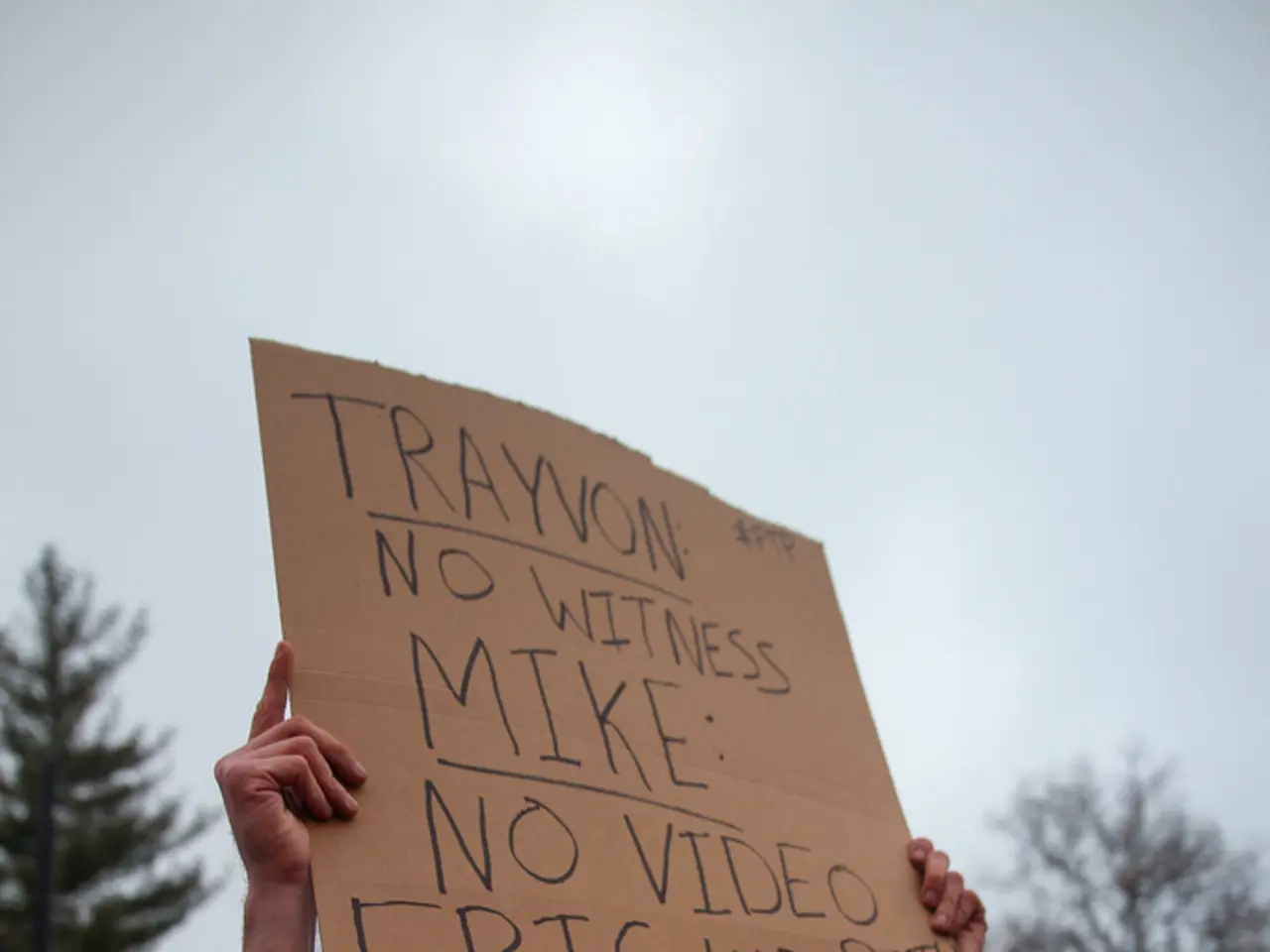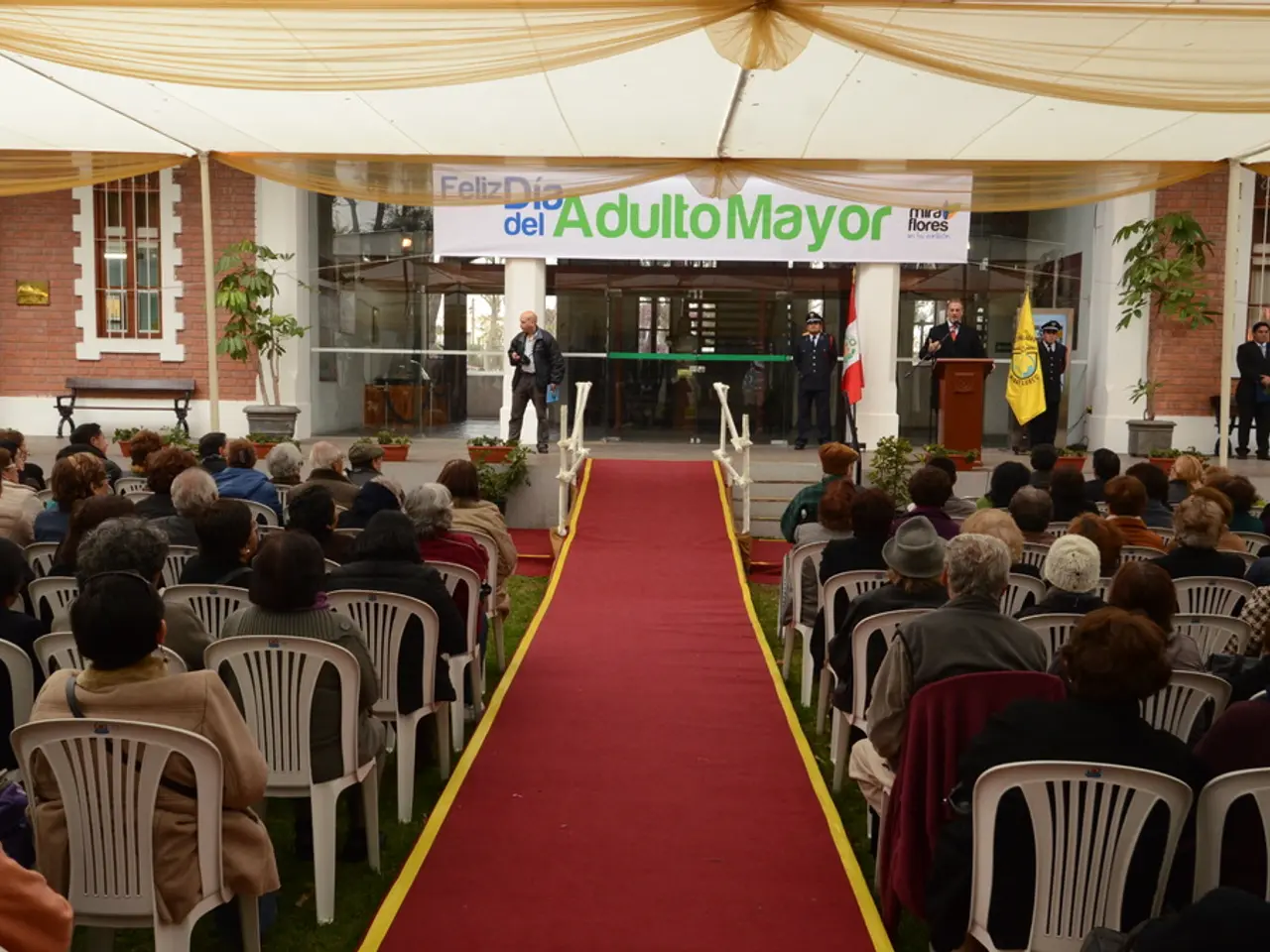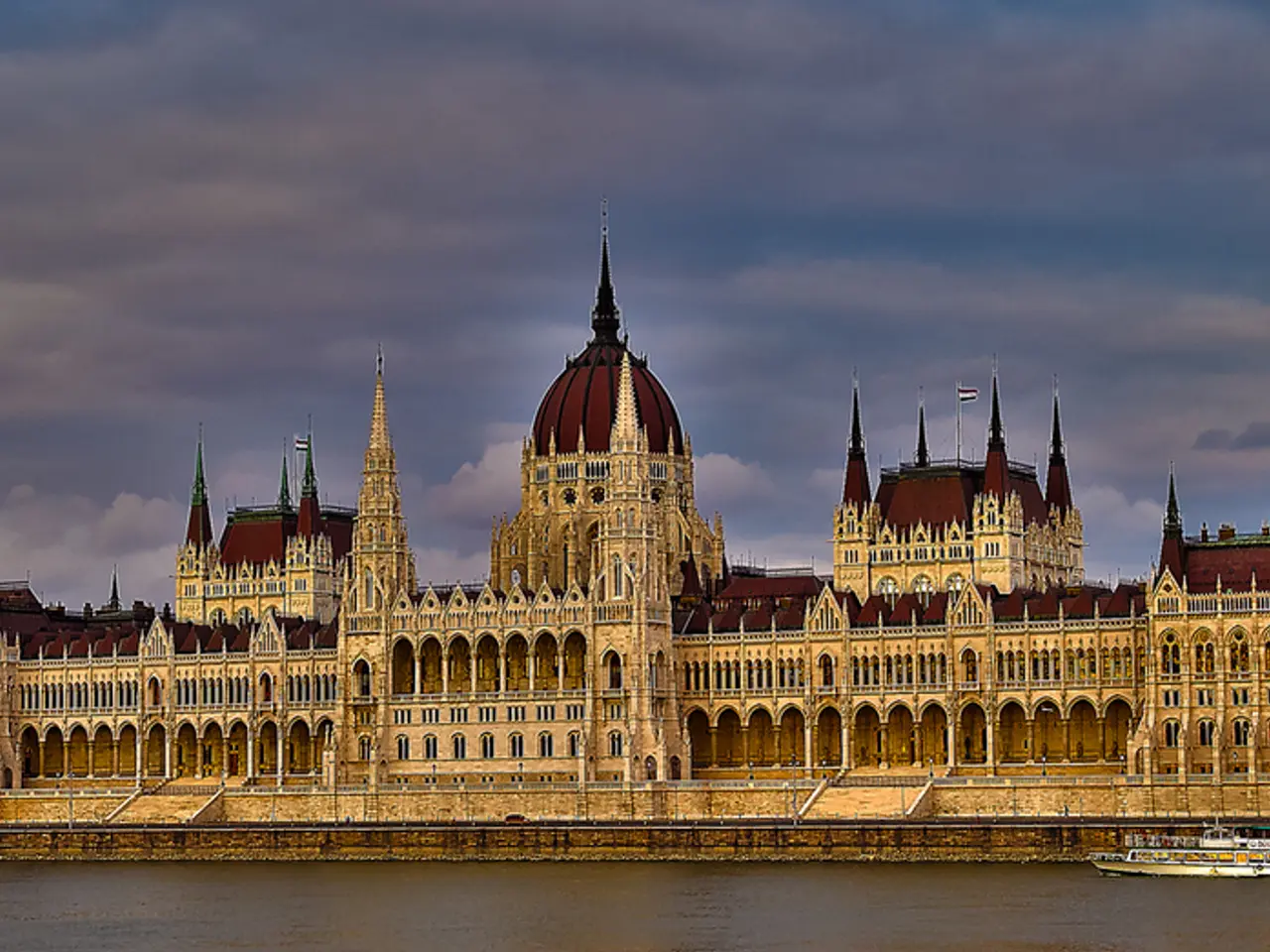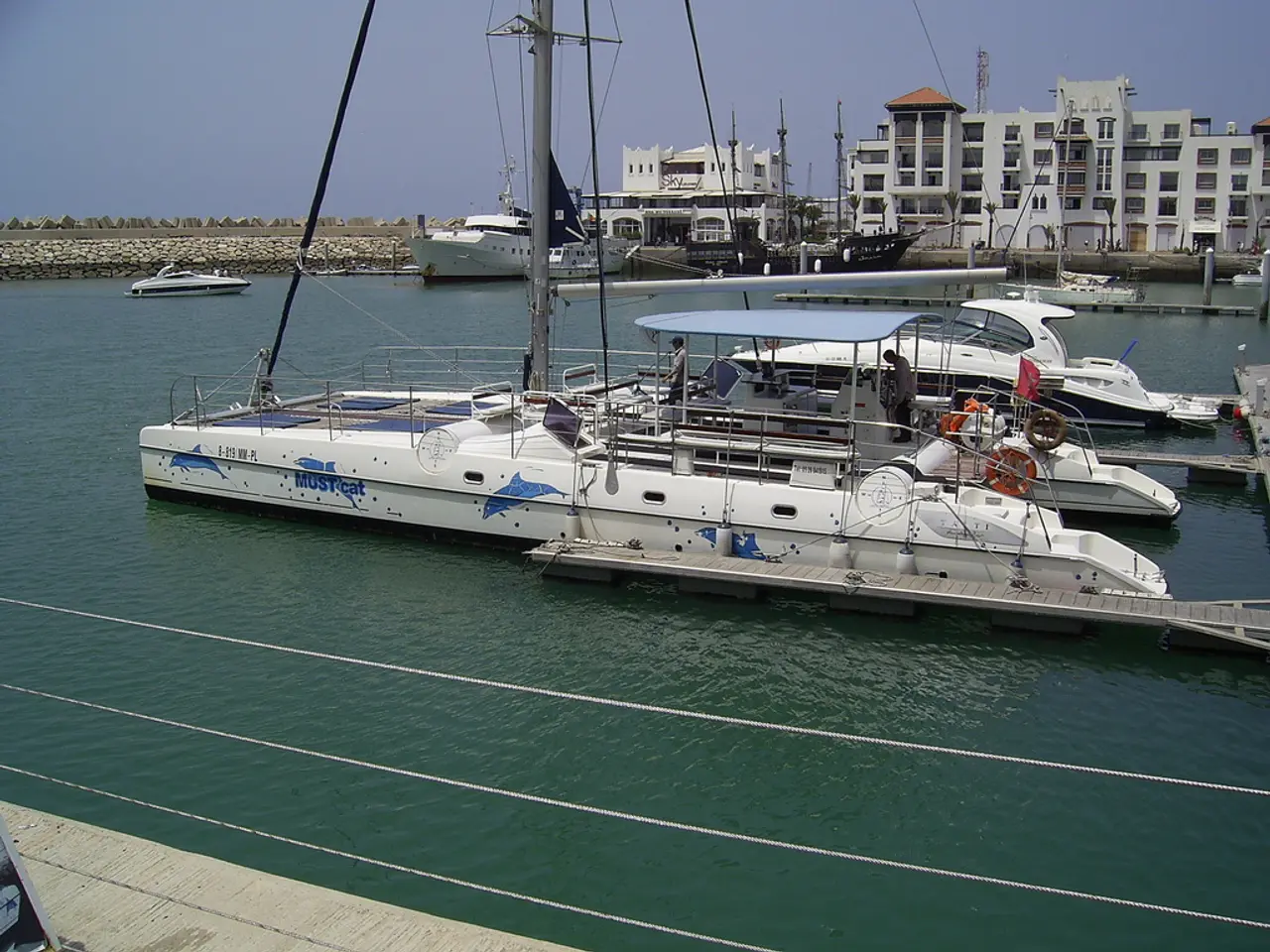Syria Pulls Back Troops from Suwayda City After Intense Israeli Attacks on Damascus to Avert Overt Conflict
The Middle East is once again witnessing a surge of violence, this time in the southern Syrian city of Suwayda, where clashes between Druze forces and Bedouin tribes have led to a significant escalation. The situation has been further complicated by Israeli strikes on Syrian government targets, including the Ministry of Defense building in Damascus.
The Druze minority, who are primarily located in Syria, Lebanon, and Israel, have found themselves at the heart of the conflict. The Israeli Druze community has been vocal in their response to the escalation in southern Syria, putting pressure on their government. Meanwhile, the Syrian government, keen to avoid further conflict with Israel, has announced a new ceasefire with the Druze armed group, although a key figure from the religious minority group has denied that a truce was reached.
The Israeli strikes on Syrian government targets have been met with widespread condemnation. Iran has denounced the strikes as "unhinged aggression," while several countries in the region, including Turkey, Saudi Arabia, the United Arab Emirates, and Qatar, have also condemned the Israeli attacks. The United Nations Security Council held an emergency briefing at Syria’s request to address the aftermath of the Israeli airstrikes, underscoring the international concern over the escalation and its potential to destabilize the region further.
The Syrian government has accused Israel of trying to divide the Syrian people and has agreed to withdraw its troops from Suwayda. The city has been left in a dire state, with electricity, mobile service, and water disrupted due to the ongoing clashes. Hikmat al-Hijri, a prominent Druze figure, has rejected the ceasefire and called on his supporters to continue fighting.
The situation has also sparked a response from the international community. The US Secretary of State, Marco Rubio, has stated that the Trump administration has engaged with all parties of the conflict to end the clashes in Syria. Antonio Costa, president of the European Council, has expressed concern about the Israeli strikes on Damascus and called for respect for Syria's sovereignty.
In a surprising development, hundreds of people from the Druze community in the Golan Heights have seemingly crossed over into Syria in recent days, responding to pleas from Druze leaders to support their community in the ongoing clashes.
As the conflict continues, the fragility of the Syrian state and the cross-border implications for Israel persist, with significant potential for further instability. The possibility of a limited nonaggression agreement between Syria and Israel remains, though normalization between the two countries is still considered unlikely in the near term.
The Israeli Druze community, who are often vocal in regional politics, have put pressure on their government in response to the escalation in southern Syria. The international community, including the United States and European Council, has engaged with all parties of the conflict to end the clashes, and certain countries, such as Iran and Turkey, have criticized Israel's strikes on Syrian government targets.








